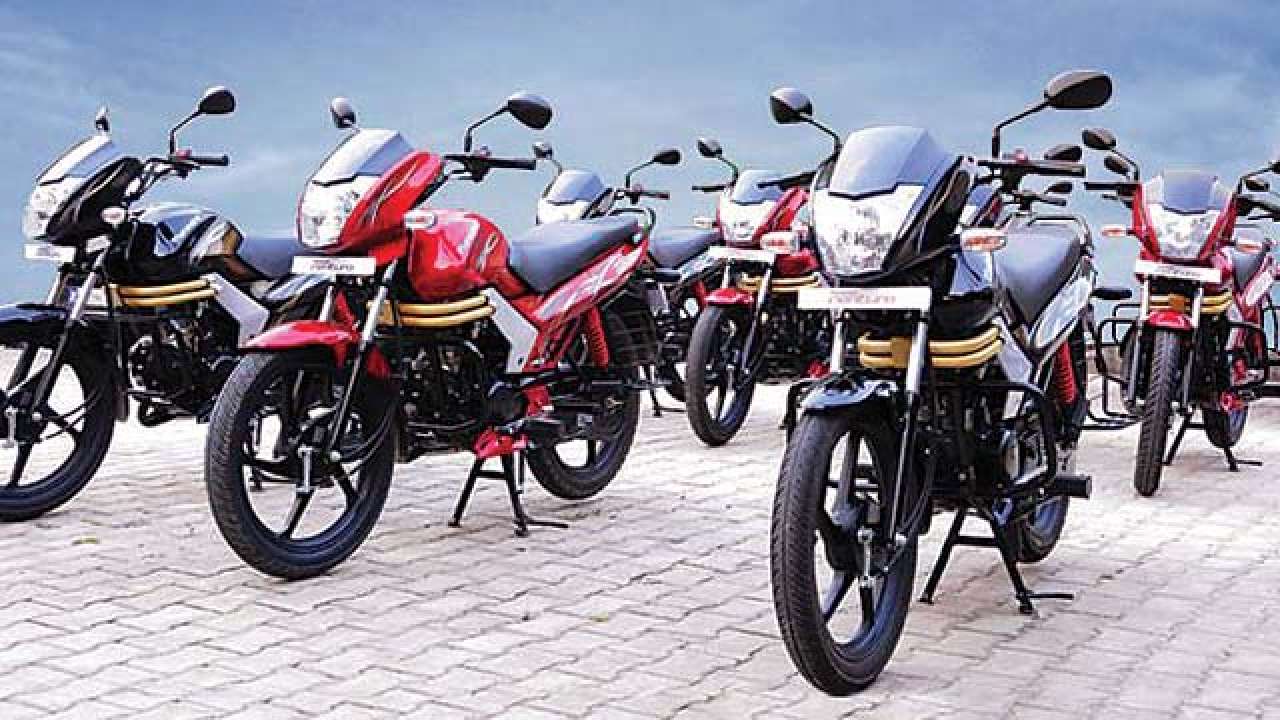
Two-wheeler sales continue to remain under stress as they grew a mere 4.25% month on month in January, the registration of vehicles with the regional transport offices across the country show. Compounding the situation, the retailers are saddled with inventory of about 60 days.
Vehicle registration numbers are a clearer indicator of automobile sales in India, rather than the wholesale figures provided by the vehicle manufacturers.
Federation of Automotive Dealers Association (FADA) president Ashish Kale told DNA Money that although all the sectors have shown signs of positive growth on a monthly basis, the two-wheeler growth rates are not at a healthy high, and are positive due to a huge de-growth in December. "The inventory level at retailers are still very high, in the range of 50-60 days, which is very painful for us," said Kale. FADA is the apex national body of automobile retail industry in India, representing over 15,000 automobile dealers having 25,000 dealerships.
Kale said though the inventories of passenger vehicles (PV) and commercial vehicles (CV), which are also higher, have come to a comfortable level after OEMs started cutting down on the inventories from December. However, it has not been the case with two-wheelers.
The OEM executives claim that the slowdown is temporary, though they are taking efforts to cut the inventories, which may start normalising in the next couple of months. The retailers, however, are sceptical, saying that the two-wheeler manufacturers are giving an explanation, which is similar to what was provided earlier by PV and CV manufacturers. "However, later the PV and CV makers realised that the slowdown was real, and only then they started cutting down on production and the inventories," said a Delhi-based retailer.
According to the executives across OEMs, retailers, component makers, one of the primary reasons for the slowdown in the industry is tightening of liquidity by non-banking financial institutions (NMFCs), following the eruption of Infrastructure Leasing & Financial Services Ltd (IL&FS) crisis. The other prominent reasons include rise in fuel prices, though it has softened in the past few months, rural distress due to lack of rains in certain regions of the country, severe floods in Kerala during August, new insurance laws leading to increase in costs and a slowdown in certain industries, leading to fall in consumer sentiments.
Meanwhile, the automotive industry experts claim that the enquiries have slowly started converting into sales. The continuing discounts even January, which were previously unheard apart from new launches, have helped in attracting the attention of the customers. While the passenger vehicle sales have improved and grew around 34% in comparison to December, CV sales remained almost flat at 0.4% during the same period. Likewise, three-wheelers grew around 12%.
The retailers are now hoping that the announcement in the Interim Budget of new rebate for individuals of income up to Rs 5 Lakh and assured income to farmers should bring in positive sentiment as potential customers sitting on the fence will have increased disposable income.